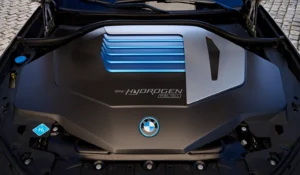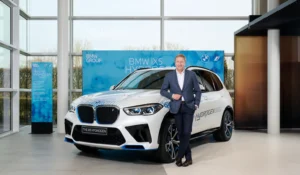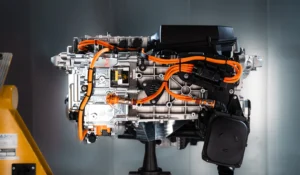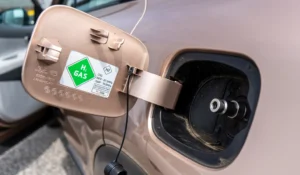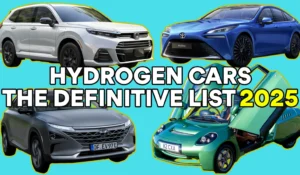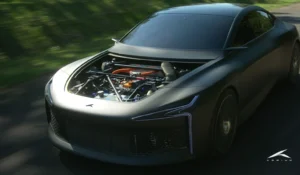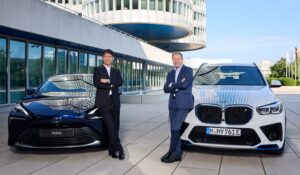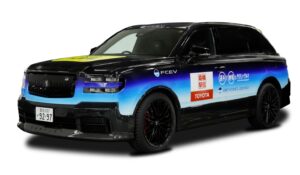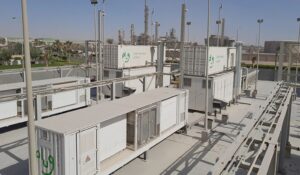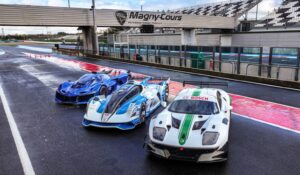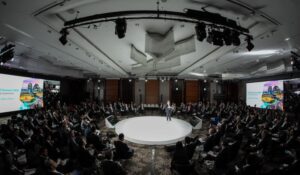Toyota and BMW hint at strengthened hydrogen partnership
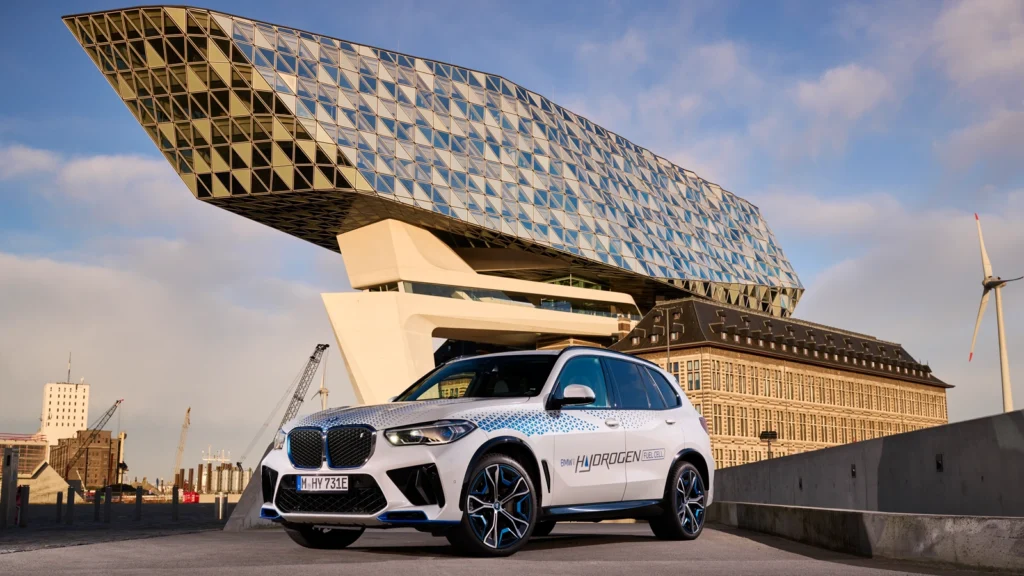
According to information that Nikkei Asia has learned, the two major automakers BMW and Toyota are set to accelerate their collaboration on hydrogen fuel cell vehicles.
With electric vehicle growth showing signs of slowing, the two automotive giants are hedging their bets and turning their attention to hydrogen as the alternative fuel of the future.
Toyota and BMW have been working together on fuel cell vehicle (FCEV) technology since 2012.
Initially, Toyota’s role was limited to providing key components. But now, with a new memorandum of understanding rumoured to be on the horizon, Toyota’s involvement is anticipated to expand significantly.
The Japanese automaker will supposedly supply BMW with a broader range of crucial components, including hydrogen tanks and advanced fuel cell systems. BMW, in turn, will integrate these with its own electric vehicle technology to produce cutting-edge hydrogen-powered vehicles.
Why hydrogen?
Hydrogen fuel cell electric vehicles (FCEVs) are gaining attention for their ability to generate electricity through a chemical reaction between hydrogen and oxygen, with only water as a byproduct.
This makes FCEVs an attractive alternative in the quest for carbon-neutral transportation. They also boast a major advantage over battery-electric vehicles: refuelling takes just three to four minutes, much like traditional petrol and diesel vehicles.
BMW’s bold plans
BMW isn’t just dipping its toes into hydrogen technology either, the company has already developed a full concept hydrogen vehicle, the iX5 Hydrogen, based on its popular X5 SUV.
With a cruising range of over 500 kilometers and the ability to refuel in minutes, the iX5 Hydrogen is designed to offer convenience without compromising on performance.
BMW plans to begin mass production of the iX5 Hydrogen within a few years, using Toyota’s advanced fuel cell technology to keep costs down and efficiency high.
Overcoming challenges together
Hydrogen Fuel Cell Electric Vehicles (FCEVs) like Toyota’s Mirai have incredible potential, but the cost has been a barrier for many. Priced around £50,000, the Mirai might seem steep at first glance.
However, that’s about what you’d pay for a brand-new 5 Series Beemer – a vehicle known for its luxury. And let’s not forget, the Mirai is also a refined, high-quality saloon car.
By sharing the development and production of key components, Toyota and BMW aim to bring these prices down, making hydrogen vehicles more accessible to a broader audience.
Building the infrastructure
The partnership is also expected to incorporate infrastructure development.
In Europe, hydrogen refuelling stations are still relatively scarce, with only 270 compared to over 632,000 public EV charging points.
Toyota and BMW’s collaboration could help expand this crucial infrastructure, making hydrogen a more viable option for consumers across the continent, and, you know, answer the supply and demand problem.
Toyota and BMW’s strengthened alliance could be a game-changer for hydrogen-powered vehicles. By pooling their expertise and resources, the two companies aim to lead the charge in sustainable transportation, offering a promising alternative to both consumers and the environment.
We are expected to hear a proper announcement next week from the automakers, so be sure to stay tuned to Driving Hydrogen to see what happens next.

